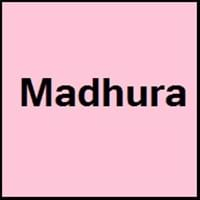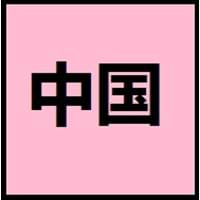Greetings
Hello
Halo
您好 (Nín hǎo)
Thank You
matur nuwun
谢谢 (Xièxiè)
How Are You?
piye kabare?
你好吗? (Nǐ hǎo ma?)
Good Night
wengi sing apik
晚安 (Wǎn'ān)
Good Evening
Sugeng sọnten
晚上好 (Wǎnshàng hǎo)
Good Afternoon
Sugeng siang
下午好 (Xiàwǔ hǎo)
Good Morning
Sugeng énjing
早安 (Zǎo ān)
Please
Not Available
请 (Qǐng)
Sorry
Nyuwun pangapunten
遗憾 (Yíhàn)
Bye
Not Available
再见 (Zàijiàn)
I Love You
Kula tresna panjengan
我爱你 (Wǒ ài nǐ)
Excuse Me
Nuwun séwu
劳驾 (Láojià)












